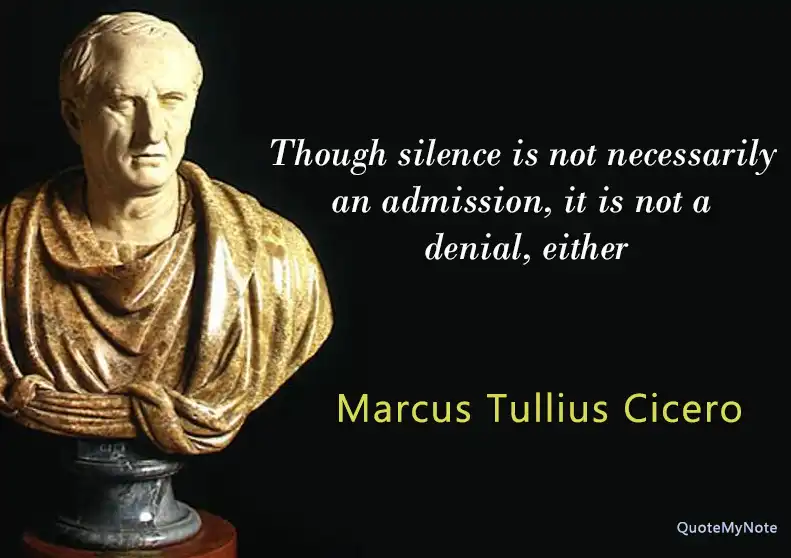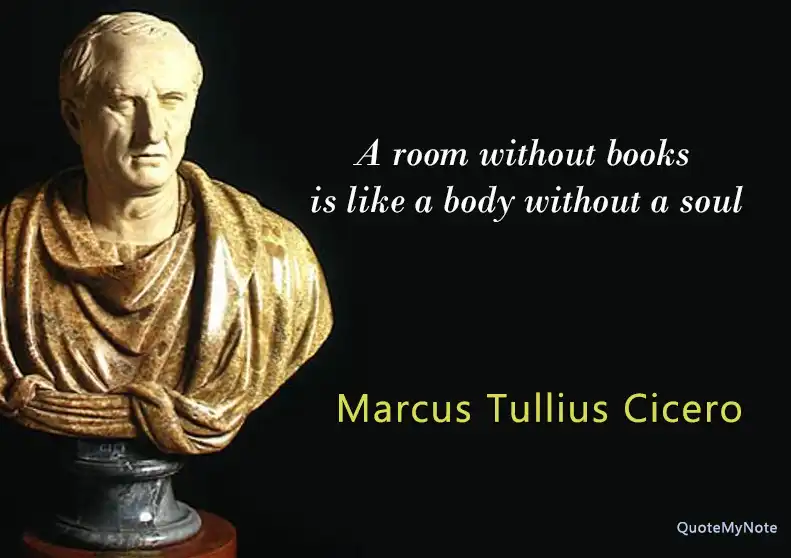Famous Quotes by Marcus Tullius Cicero Inspiration and Thought

Marcus Tullius Cicero
Marcus Tullius Cicero (106-43 BCE) was a renowned Roman statesman, orator, lawyer, and philosopher who played a significant role in shaping the intellectual and political landscape of ancient Rome. His life and works have had a profound impact on Western philosophy, politics, and literature.
Early Life and Career
Born in Arpinum, Italy, Cicero came from a wealthy family and was educated in Rome, where he studied law, philosophy, and rhetoric. He quickly gained recognition for his exceptional oratory skills, which led to a successful career in law and politics.
Political Career
Cicero served as a senator, consul, and governor of Cilicia, advocating for constitutional government, the rule of law, and the protection of individual rights. His political philosophy was rooted in the idea of civic humanism, emphasizing the importance of civic engagement, moral virtue, and the common good.
Literary Contributions
Cicero's writings had a profound impact on Western literature and thought. His works include:
- Orations: Cicero's speeches, such as "In Catilinam" and "Pro Archia Poeta," showcased his mastery of rhetoric and persuasive argumentation.
- Philosophical Treatises: Works like "De Republica," "De Legibus," and "De Officiis" explored Stoicism, Epicureanism, and Academic Skepticism, introducing Greek philosophy to Roman audiences.
- Letters: Cicero's correspondence, particularly with friends and fellow politicians, provided valuable insights into Roman politics and society.
Legacy
Cicero's influence extends far beyond ancient Rome:
- Renaissance Humanism: His writings inspired thinkers like Petrarch, Erasmus, and Machiavelli.
- Enlightenment Thought: Cicero's ideas on natural law, reason, and individual rights influenced philosophers like John Locke and Immanuel Kant.
- Modern Politics: His concept of civic humanism and the importance of civic engagement continue to shape democratic theory.
Personal Life
Cicero's personal life was marked by turmoil:
- Exile: He was exiled in 58 BCE due to his opposition to Julius Caesar's policies.
- Family: Cicero's relationships with his wife, Terentia, and daughter, Tullia, were deeply affectionate.
- Assassination: Cicero was killed in 43 BCE by Mark Antony's soldiers, marking the end of the Roman Republic.
Inspirational Insights from Ancient Rome: Cicero's Quotes


Conclusion
Marcus Tullius Cicero was a towering figure in ancient Rome, whose contributions to politics, philosophy, and literature have left an enduring legacy. His commitment to civic engagement, moral virtue, and the rule of law continues to inspire thinkers and leaders around the world.